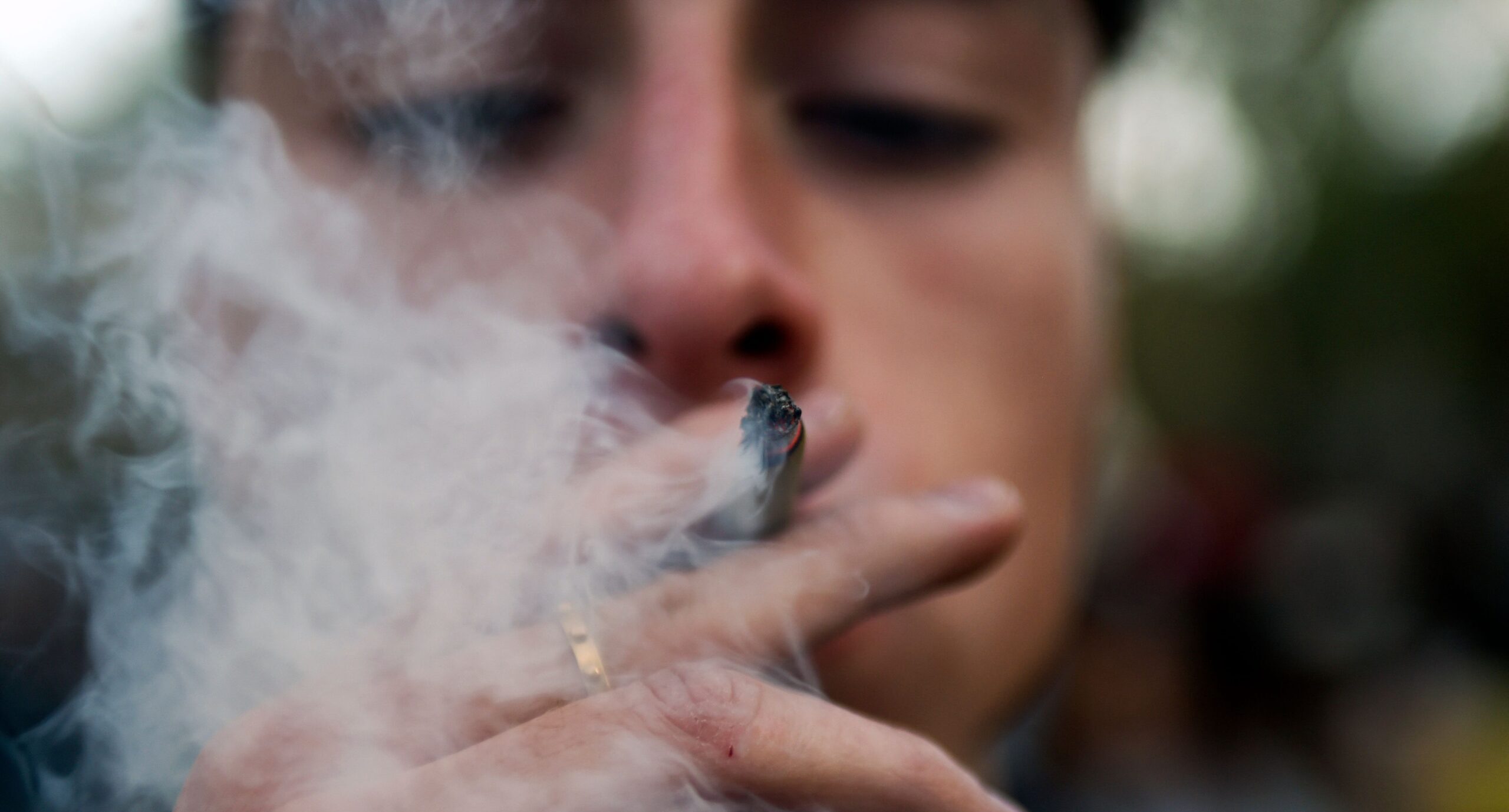Americans, from college to middle age, have a newfound taste for drugs, and are smoking marijuana and taking psychedelics at unprecedented rates.
That’s according to the Monitoring the Future survey, which has tracked, among other topics, American substance use since the mid-1970s. The latest figures for MTF’s adult cohort, reported in the New Scientist, indicate that roughly a quarter of adults aged 35-50, and almost half of adults aged 19-30, said they had used marijuana in the past 12 months. About 4% of older adults, and 8% of younger adults, reported past-year use of psychedelics like LSD and MDMA.
Both these figures are historic highs. The psychedelic use rates are up dramatically from a decade prior, when less than 1% of each group used psychedelics. Rates of adult marijuana use more than doubled in the same period, according to the National Institute on Drug Abuse.
What’s driving this increase? The answer is simple: policy changes that have made both marijuana and psychedelics less regulated, and therefore more widely available.
The mass legalisation of recreational marijuana — it is available in 23 states and in the District of Columbia — is no secret. And, while this was for some reason contested, the evidence is in that the creation of legal markets leads to an increase in consumption. A recent systematic review found across 13 studies that “an increased availability of legal cannabis was linked to increased current cannabis use and health-related outcomes (vomiting, psychosis, or cannabis-involved pregnancies), regardless of the indicator employed to measure availability (proximity or density) among both adults and adolescents.”
Psychedelics are now following the same path marijuana previously did. Both Oregon and Colorado have decriminalised and legalised psychedelics for medical use. The District of Columbia has decriminalised possession of psychoactive plants like ibogaine, peyote, and “shrooms”. Supporters are looking to expand, with planned ballot initiatives in Massachusetts and California.
As with marijuana, the push is premised on psychedelics’ medical applications, even as it has increased and will further increase recreational use. And, like marijuana, the new psychedelic movement has powerful backers, in the form of a veritable rogues gallery of funders: heirs of the Dr. Bronner’s and Hearst fortunes, alongside the founders of Toms shoes, GoDaddy, Whole Foods, and Napster.
The push for legalisation is not, in other words, a grassroots affair, but a top-down ideological project. It will likely not be long before recreational legalisation is a standard goal of the progressive Left.
Legalisation, of course, not only drives but is driven by an increase in demand for mind-altering substances. This is reflected in the rising consumption of legal amphetamine and other pharmaceuticals, and in the return of nicotine consumption in the form of vaping. Just about the only drug young adults are using less, the MTF survey found, is alcohol — a cold comfort, given their other predilections.
All of this reflects an increasingly blasé attitude towards drug use on the part of both consumers and regulators. America has played this tune before — the last time it tried out marijuana and psychedelics in the 1960s was characterised by exactly the same casual attitude about drug use.
What this attitude reflected was naivety about the risks of the substances, from pot to cocaine to amphetamine, that Americans were then getting high on. Today, wiser by virtue of history, it reflects something different: indifference to those who will be harmed by drug use. Among the new marijuana smokers, maybe 20% will become addicted, and some will develop psychosis. The same mental health risks apply to the new psychedelics, as do risks of life-long flashbacks.
These harms, and the attendant dysfunction, are the price we pay for laxness on the issue of drugs. If recent history is any guide, there is a great deal more relaxing still to come.











Join the discussion
Join like minded readers that support our journalism by becoming a paid subscriber
To join the discussion in the comments, become a paid subscriber.
Join like minded readers that support our journalism, read unlimited articles and enjoy other subscriber-only benefits.
Subscribe